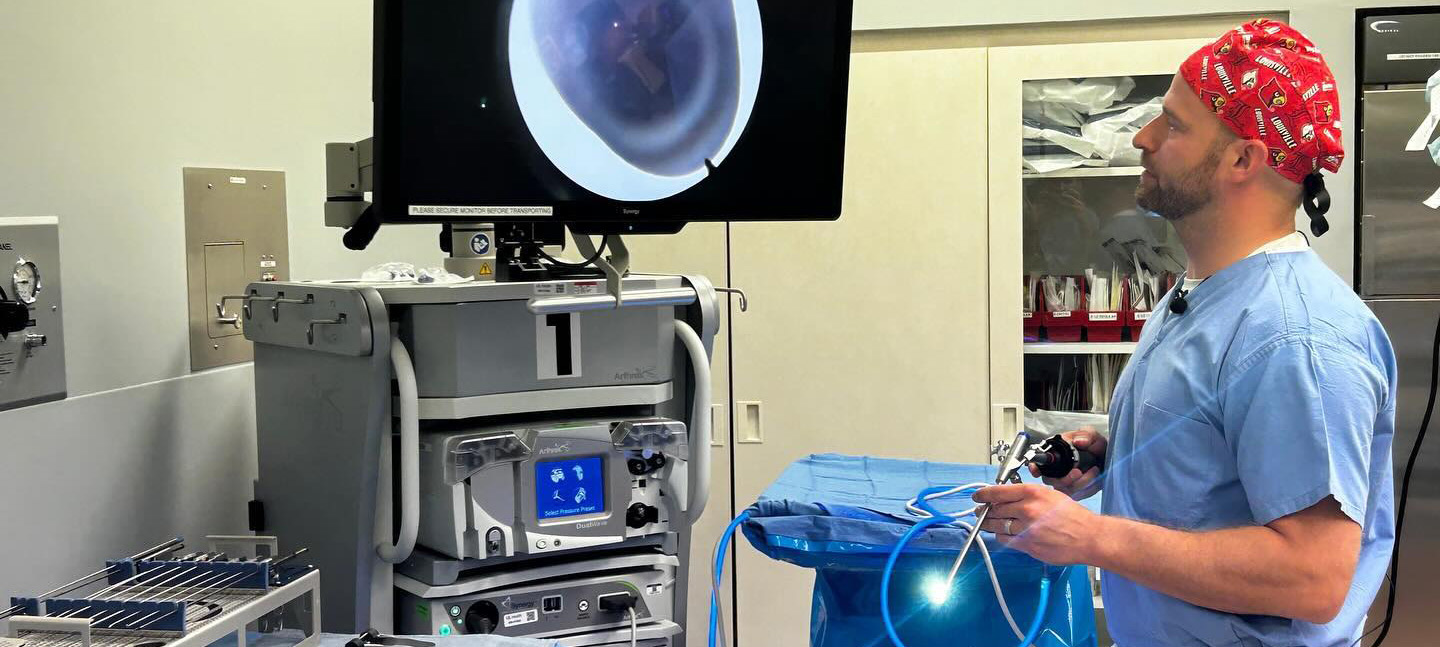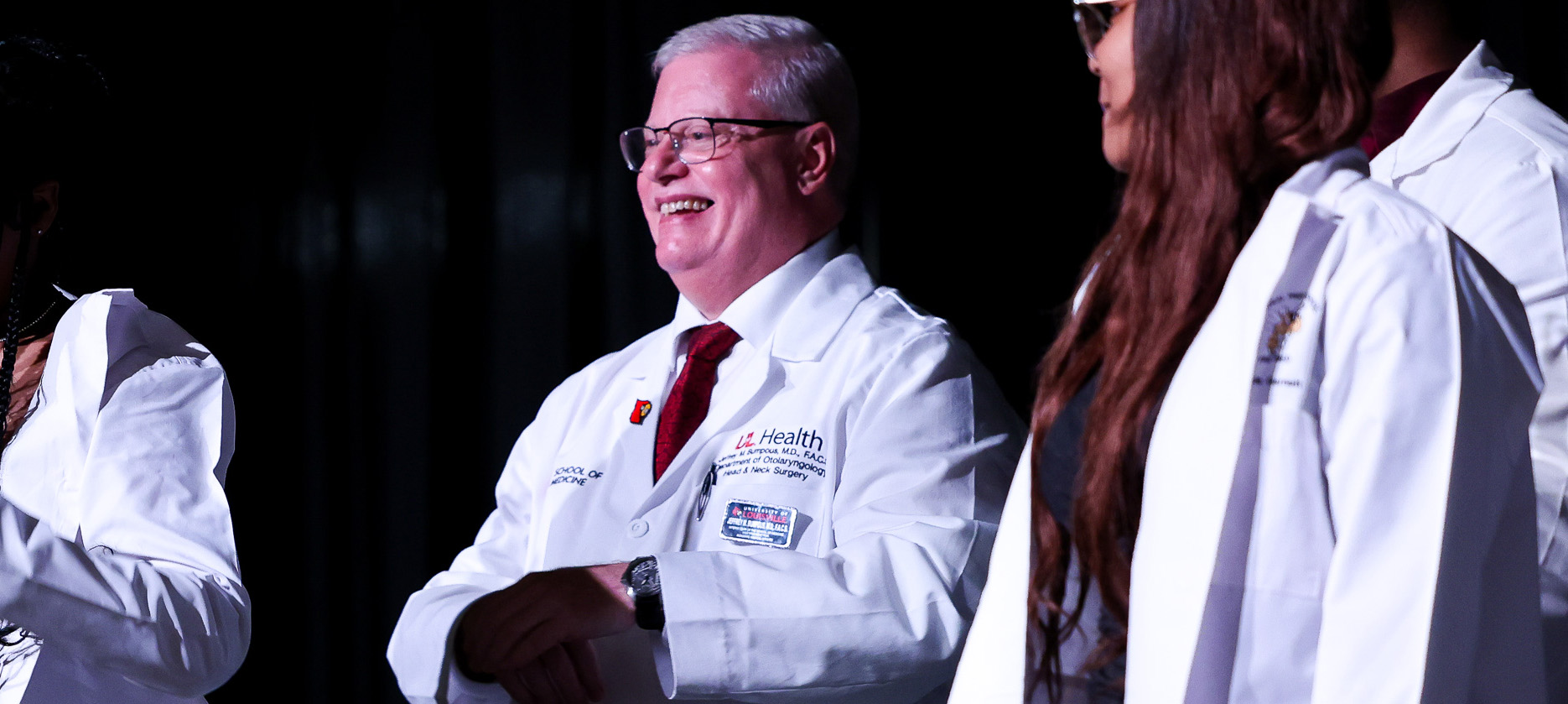Vaccine-FAQ-for-pregnant-and-breastfeeding-patients
(CONTENT HIGHLIGHTED IN RED NEEDS TO BE UPDATED OR TAKEN OUT)
Is the FDA going to grant Emergency Use Authorization (EUA) for the Pfizer vaccine? And what does that mean?
On Nov. 20, Pfizer and BioNTech jointly filed for and EUA evaluation for their COVID-19 vaccine candidate. A hearing will occur on Dec 10. We await the formal decision from the FDA, though there is every indication to expect the FDA to grant EUA status for the Pfizer vaccine within the next week. In an emergency, like the current pandemic, the FDA can make the determination that it is necessary to release a vaccine with an escalated timetable. After the EUA is granted, we can expect to receive the vaccine at UofL Health very soon.
Who is the vaccine for?
The proposed use under an EUA is “for active immunization for the prevention of COVID-19 caused by SARS-CoV-2 in individuals 16 years of age and older.”
How effective is the vaccine in preventing COVID-19 infections?
Vaccine efficacy against confirmed COVID-19 after the second dose was 95.0% with eight COVID-19 cases in the vaccine group compared to 162 COVID-19 cases in the placebo group.
Can I get COVID-19 from the vaccine?
No, it is not possible to get COVID-19 from vaccines. The Pfizer vaccine uses only a small piece of messenger RNA from the virus while other vaccines being studied use inactivated virus or other methodology. None of these can cause COVID-19.
How does the vaccine for COVID-19 work?
Pfizer’s vaccine use novel messenger-RNA, or mRNA, technology, which uses genetic material which causes the body to create a protein or antibody directed toward the virus. The immune system then recognizes the virus and attacks it.
What type of study was performed to evaluate this vaccine?
The vaccine was evaluated (Study number C4591001) in a multi-center, multi-national Phase 1,2,3 randomized, blinded, placebo-controlled study looking at safety, immunogenicity and efficacy of the vaccine candidate.
How many people were enrolled in the study to evaluate this vaccine?
The Pfizer study has enrolled 43,538 participants through the Nov. 14, 2020 (data cut-off for EUA submission) and randomized to get either placebo or the vaccine candidate. This means, in Pfizer’s late-stage clinical trial, 50% of the volunteers got the vaccine, while the other half got a placebo of saltwater. Then they waited to see who would get sick with COVID-19. An independent board of experts looked at the placebo and vaccine participants and reported that the vaccine is 95% effective.
How safe was the vaccine in this group of patients?
All initial reports the vaccine candidate is both safe and effective at preventing COVID-19. The frequency of serious adverse events was low (<0.5%) and as of Nov. 14, 2020, 43.9% and 79.5% of vaccine recipients completed at least two months (>8 weeks) and at least one month (>4 weeks), respectively, of safety follow-up after Dose 2.
What were the most frequent adverse reactions to the vaccine and how often did they occur?
Overall, adverse reactions were not uncommon with 42% of recipients reporting some type of reaction compared to 19% of placebo recipients. The most common solicited adverse reactions were:
- Injection site reactions (pain, soreness) (84.1%)
- Fatigue (62.9%)
- Headache (55.1%)
- Muscle pain (38.3%)
- Chills (31.9%)
- Joint pain (23.6%)
- Fever (14.2%)
Of note, only 27.8% of study participants suffering symptoms considered them severe enough to take over the counter pain medication (Tylenol, NSAID) to treat. Also, 84% of solicited adverse reactions were described as mild to moderate. No participant solicited medical care to treat adverse reactions.
What about serious adverse events or complications from vaccine administration?
The frequency of serious adverse events was low (<0.5%), with appendicitis being the most common SAE in the vaccine arm. This did not occur more frequently than one would expect in the general population.
Were there any neurologic, chronic inflammatory or blood clotting disorders identified in the vaccine group?
There were no notable patterns or differences between treatment groups for specific categories of neurologic, neuro-inflammatory or thrombotic events that would suggest a causal relationship to the vaccine.
Did different age, gender or racial groups react differently to the vaccine?
With the exception of more frequent, generally mild to moderate reactogenicity in participants <55 years of age, the safety profile of the vaccine candidate was generally similar across age groups, genders, ethnic and racial groups.
If I have had COVID-19 will I experience worse reaction symptoms?
There did not appear to be any difference in reaction reporting between participants with or without evidence of prior SARS-CoV-2 infection at enrollment.
If I have had COVID-19 should I get the vaccine?
Yes, first, there is no identifiable safety concern to getting the vaccine after COVID-19, and the course of natural immunity is variable. Also, there has been preliminary evidence of COVID-19 reinfection. The Advisory Council for Immunization Practices (ACIP), CDC and FDA will provide clarification around the role of COVID-19 vaccination in those previously infected. Of note, previous SARS-CoV-2 infection, whether symptomatic or asymptomatic, is not considered a contraindication to vaccination and serologic testing for SARS-CoV-2 antibodies is not recommended prior to vaccination.
Specifically, what is the vaccine made of?
The vaccine is based on the SARS-CoV-2 spike glycoprotein (S) antigen encoded by mRNA and formulated in lipid nanoparticles (LNP). This mRNA encodes for the spike protein on the virus that allows it to attach and enter cells.
Will COVID-19 vaccines cause me to test positive on COVID-19 viral tests?
No. These vaccines will not cause you to test positive on viral tests, which are used to see if you have a current infection. If your body develops an immune response, which is the goal of vaccination, there is a possibility to test positive on certain antibody tests. These tests indicate you had a previous infection or vaccination and that you may have some level of protection against the virus.
How many doses are required? How is it administered?
The Pfizer-BioNTech COVID-19 vaccine is administered intramuscularly as a 2-dose series spaced 21 days apart. The vaccine is preservative-free.
How long will it take for the vaccine to begin protecting me?
The initial results from Pfizer seem to point to having an effect within seven days of vaccine administration: however, it normally takes about two to three weeks for cellular immunity to develop and several weeks for a full antibody response. During this time, it will be important to continue to wear your PPE, wash your hands and social distance to fully protect yourself.
Can I get the vaccine if I am pregnant? (NEEDS TO BE UPDATED)
As of right now we do not know. Female study participants of childbearing potential were screened for pregnancy prior to each vaccination, with a positive test resulting in exclusion or discontinuation from study vaccination. Thus no definitive information regarding effects in pregnancy can be confirmed. We expect guidance from the FDA on this effect.
Is this vaccine safe for children?
The representation of pediatric participants in the study population is too limited to adequately evaluate efficacy in pediatric age groups younger than 16 years. No efficacy data are available from participants ages 15 years and younger.
Who will get the vaccine first?
UofL Health is using guidelines from the National Academy of Medicine, the CDC, the FDA and Health and Human Services. The initial supply of COVID-19 vaccine, available only to medical professionals, will be distributed using a thoughtful and orderly process to ensure providers, clinical staff and other team members susceptible to the highest risk of exposure based on their work in close proximity to COVID-19 patients are among the first to receive the vaccine.
What if I miss my second dose? Is the vaccine still effective?
The vaccine is not as effective if you only receive one dose, so staff and physicians will be scheduled for their second dose at the time of registration for the first dose. However, initial data suggest that efficacy against severe COVID-19 occurring after the first dose was 88.9% but this evaluation is based on limited data.
Once the vaccine is approved and distributed to UofL Health, how will I schedule my vaccine and where will I get it?
When we have vaccine available for the phase you are in, you will receive a notification by way of email from Human Resources with a link for scheduling your vaccination appointment. Scheduling will only be available via this link. The link will take you to a page where you must sign in with your assigned password. Your second dose will be scheduled at the time of the first vaccine. The second dose is to be administered 21 days from the initial vaccination if you receive a Pfizer vaccine. As we await further guidance from the Federal and state governments, we will be more precisely able to describe locations. Within the first few weeks, we plan to administer the vaccine exclusively at three select locations on the downtown campus and will roll out at select locations on all facility campuses once we get approval through the state mechanism. More information on this process with be forthcoming.
If it is not my turn to get the vaccine, will I be turned away at the vaccination sites?
Yes. The scheduling link will only populate for those individuals eligible to be vaccinated based on the current phase. And only those individuals with appointments will be able to get a vaccine at the vaccination administration sites. We will be actively monitoring assignment lists for this process.
Will the vaccine be available to non-employed medical staff?
Yes. Any individuals working in one of our UofL Health facilities will be placed in the phase that is more appropriate based on the risk associated with the work performed.
Will we administer the vaccine to our UofL Health patients?
Based on the recommendations from the CDC and Health and Human Services, health care workers and long-term care facilities will receive the first deliveries. We will have more information over the coming weeks as to distribution to other groups but do not anticipate vaccinating patients in this initial deployment.
Do I have to continue wearing a mask after I get the vaccine?
Yes. We should all continue wearing face masks, practicing excellent hand hygiene and social distancing until enough vaccine is manufactured and distributed to the general population.
Will I be required to wear all other PPE when caring for patients as outlined in the infection prevention protocols?
Yes. It is vital that we all continue to follow proper infection prevention in all of our UofL Health locations. To ensure that you are optimally protected we ask that you continue to practice the same precautions mandated which are based on the available evidence.
Will this be an annual shot?
Bottom line, we do not know. Scientists are still studying this and will determine this once the vaccine is distributed and more data becomes available.
Where can I find more information on the Pfizer Vaccine?
The FDA briefing document can be found at the link below and contains more information on study design and data analysis.
https://www.fda.gov/media/144245/download
If you are interested, you can listen/watch the vaccine presentation live via the links to the FDA webcast below. It is an all-day session, but the Pfizer presentation should begin just after the noon break (EST).
- https://youtu.be/owveMJBTc2I
- https://twitter.com/US_FDA
- https://fda.yorkcast.com/webcast/Play/d75d80a3eb6e419986181c1a881fe2671d
The requested presentation is currently unavailable. It says to please try again later. Contact the system administrator if the problem persists.





